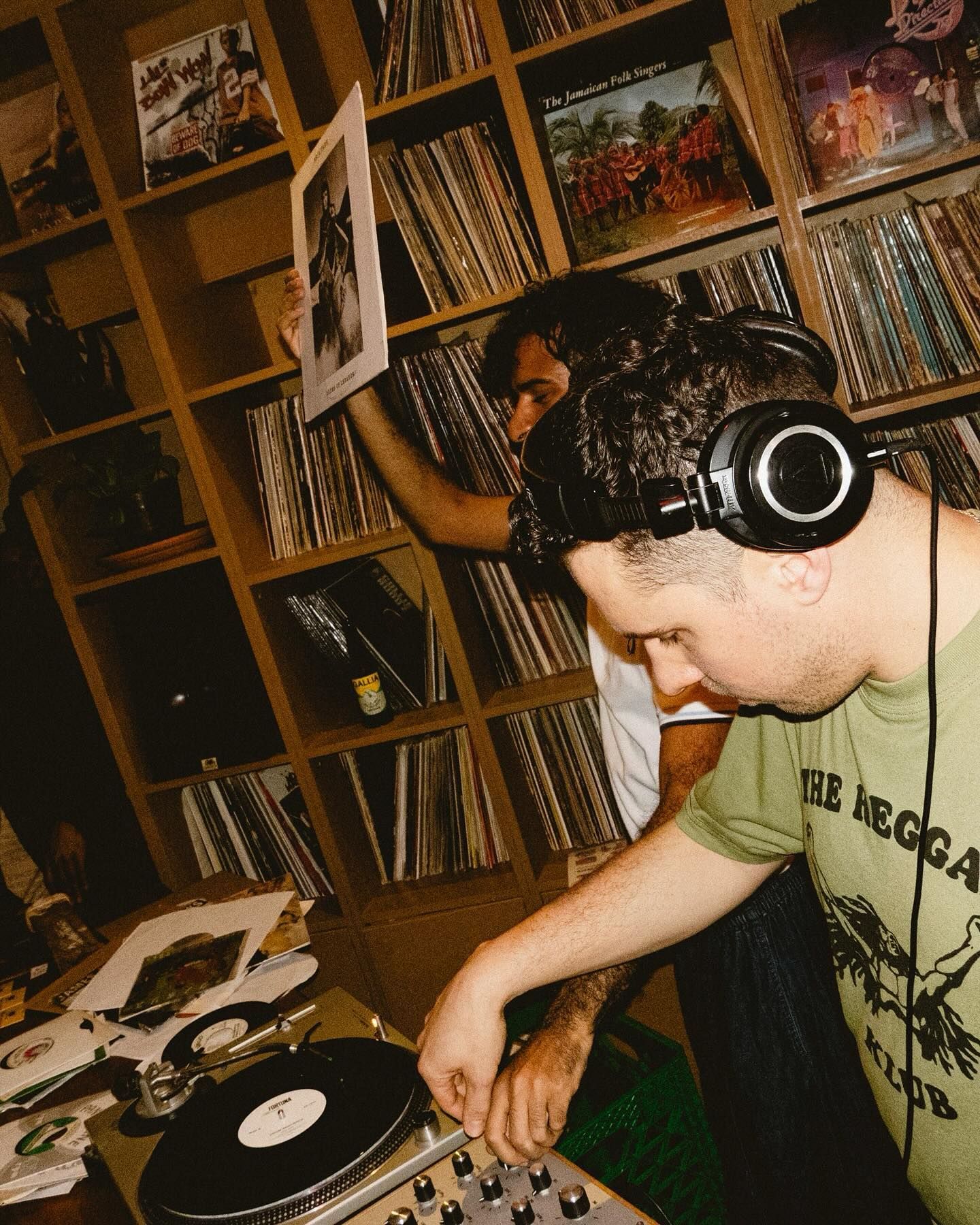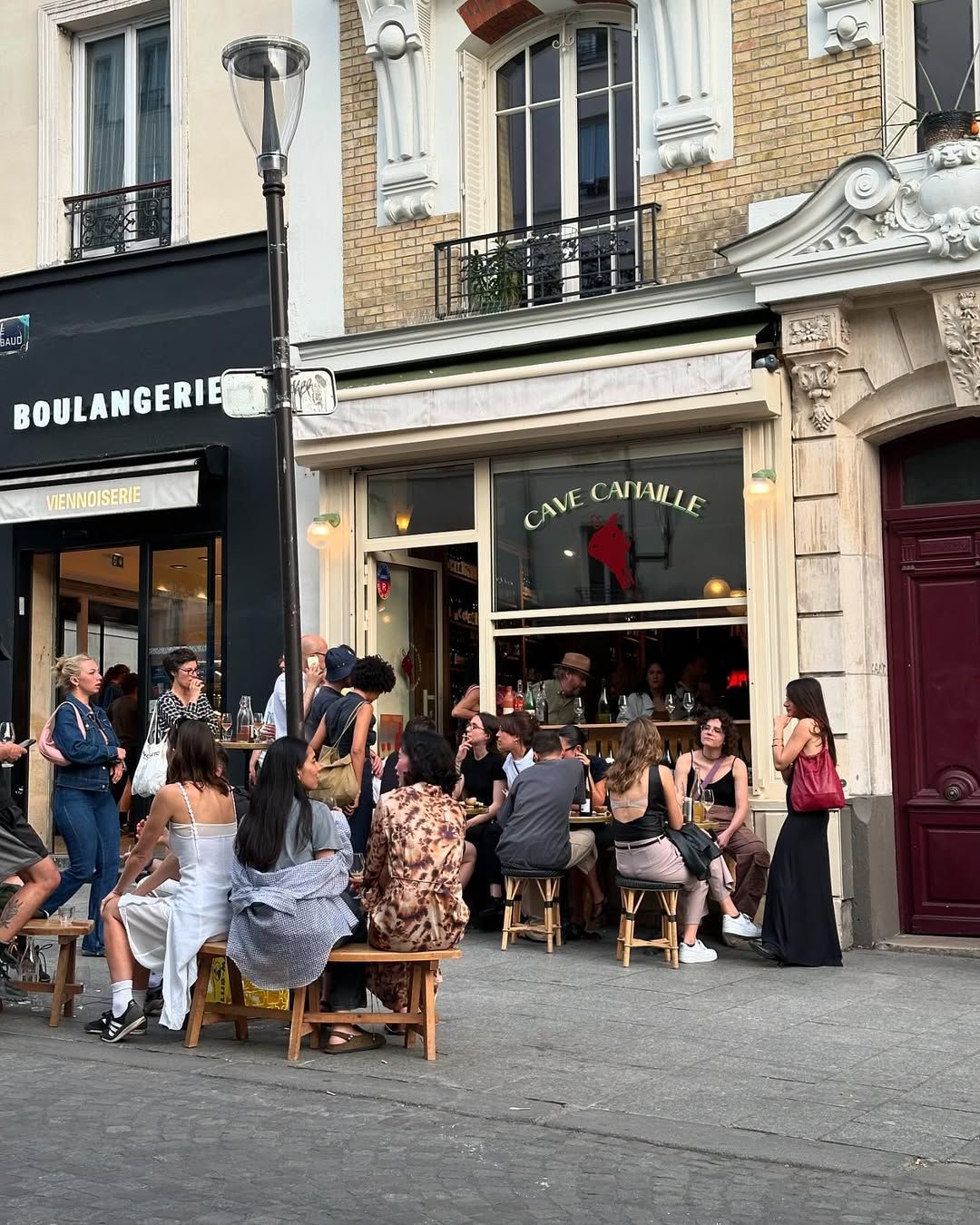
The population of Paris is in steep decline Paris and its inexorable demographic exodus
Over an eleven-year period, Paris will have lost no less than 136,000 inhabitants. While the capital offers jobs, resources, and attracts both French and foreign people, it hides behind its glitter many flaws that make more than one person reconsider the life and opportunities it offers. Indeed, this ongoing exodus is mainly explained by the difficulty of finding decent housing, the cost of living, and the desire for a better living environment. In 2024, Paris counted 2.1 million inhabitants, marking a population loss that has been ongoing for nearly seven decades. While the city has seen a notable influx of 18-24-year-olds, its population continues to age. But what are the prospects for the City of Light, and when will this decline, which seems destined to continue, stop and clear everything in its path?
non mais les locations d’appartement à paris c’est vraiment un scandale genre d’accord c’est la capitale mais à aucun moment c’est normal de louer 700 euros des 9m2 sans toilettes voire sans douche au 8eme etage sans ascenseur, c’est pas humain
— orléna (@jsuisgemo) August 21, 2022
The decline is believed to have started in the 1950s and has not stopped since. The capital is the only department in the Île-de-France region to experience population loss, with an annual decrease of 0.59%. Except for the 2nd, 4th, and 14th arrondissements, where the population slightly increased, all other areas saw a decrease. The most affected arrondissements are the 10th and 7th, with respective decreases of 1.8% and 1.4%. Only the mayors and senior city officials have differing views on the reasons for this decline. According to Alexandra Cordebard, mayor of the 10th arrondissement, this population drop in Paris is due to the explosion in the number of empty homes, rather than the soaring property prices. In fact, the 5th arrondissement has between 19% and 26% of vacant homes, a percentage "slightly above the Parisian average," according to data from Atelier Parisien d'Urbanisme (Apur) released in early December. Regarding Paris as a whole, according to the same study, vacant homes increased from 11% in 2011 to 19% in 2020, a figure that worries the mayor, as well as Parisians by birth or adoption searching for a home.
En 5 ans, le IIe arrondissement de Paris a perdu plus de 11% de sa population.
— Victor Laby (@VictorLaby_) December 28, 2018
En cause ? Les meublés touristiques type Airbnb qui transforment petit à petit le centre de la capitale en musée à ciel ouvert.
Il est franchement temps d'interdire Airbnb dans le centre de Paris. pic.twitter.com/YqPMJVDduU
However, for the majority of Parisians, these empty homes are less to blame than the government: “Successive governments have taken too long to give us means to fight this scourge of short-term rentals. It will take several years to reclaim these apartments for long-term rentals,” explains Alexandra Cordebard to the newspaper Le Parisien. But another potentially responsible factor for the population decline, according to Éric Pliez, mayor of the 20th arrondissement, could be the size of housing. “In Paris and the 10th, there are many small apartments. So, at some point, residents choose the suburbs,” he explains. Patrick Bloche, deputy mayor of Anne Hidalgo, also considers the decline in birth rates as one of the main causes of this overall decline. Between 2016 and 2021, Paris recorded 27,085 annual births, 2,061 fewer than the 29,146 births recorded between 2011-2015. This drop in birth rates has been more pronounced in Paris than nationwide. Indeed, birth rates decreased by 9.1% in the capital, compared to 5.7% across the country. However, Bloche does not seem to lose hope regarding the decline in Parisian residents and places his full trust in measures like increasing the supply of social housing, reducing Airbnb rentals from 120 to 90 days, and implementing rent control policies. Let’s hope these measures bear fruit, and that 2025 will be the year that ends the curse cast on Paris and its residents.













































